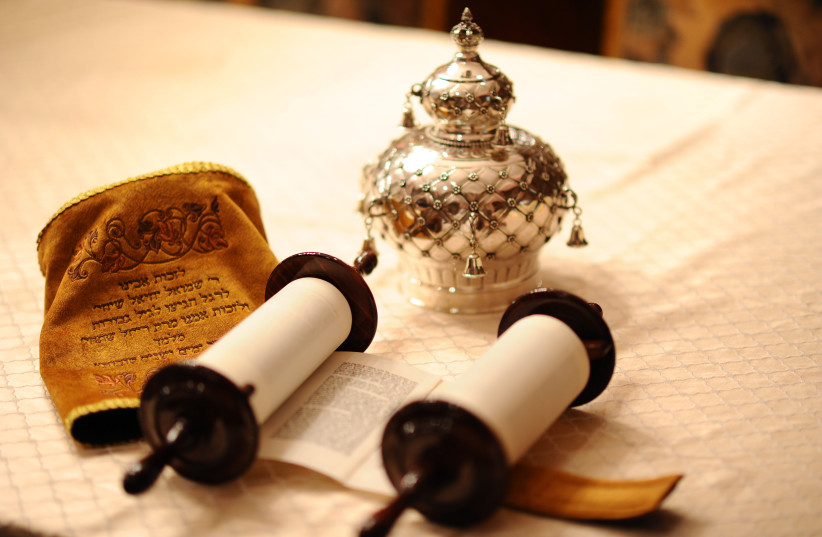The physicist Richard Feynman (1918-1988), widely considered among the brightest minds of his time, once told a story of a lesson his father taught him.
They were walking and his father pointed to a flower and asked him if he knew it. The child gave the common name and then the scientific name. His father told him, “Richard, just because you know what something is called does not mean you know what it is.”
The title of this week’s parasha, Tetzaveh, encourages exploration of one of the most known words in Judaism, “mitzvah.” We know the word. But just because we know what it is called doesn’t always mean we know, more deeply, what it is. There are worlds to unpack in that familiar term.
The first two related meanings are the best known. “Mitvzah” means commandment. Our tradition lists 613 mitzvot, everything from sanctifying God’s name to not placing a stumbling block before the blind to not eating the fruit of a tree for its first three years. This meaning, a commandment, is the bedrock of Jewish tradition. Judaism is a mitzvah tradition.
A second and related meaning is to do a kindness. This is a more colloquial locution – “c’mon, do a mitzvah and help me carry this.” This meaning, while not the bedrock of the tradition, is often its social glue.

A third and less known interpretation of the word is from the Aramaic “tzavta,” which means binding together. Like a korban (a sacrifice, which comes from the root meaning to “draw close”), a mitzvah is a relational action. Every mitzvah, whether wrapping tefillin or keeping one’s vows, is designed to heighten what is best in us and make us closer to God and other human beings.
One more meaning of “mitzvah,” however, is at once the most radical and perhaps the most beautiful. The Sefat Emet ties together two verses from Proverbs: “The soul of man is the candle of God” (Proverbs 20:27) and “For a mitzvah is a candle” (Proverbs 6:23.) If both a mitzvah and a soul are candles, then perhaps in some sense a soul and a mitzvah are the same thing?
The Sefat Emet goes on to comment on Tetzaveh: “Bring mitzvot into the souls of Israel so that they become mitzvot.” He elaborates by referring to the usual wording of the blessing “asher kid’shanu b’mitzvotav...” which he recasts as “who has sanctified us through His mitzvot v’tzivanu – and has made us a mitzvah.”
What can it mean to become a mitzvah?
We turn to the well-known psychological concept of “flow.” Usually, doing a mitzvah requires an element of volition. We think, we determine, we choose. But just as a pianist finds at times that the music is playing her, or an artist feels a hand guiding the brush, we can sometimes achieve the state of becoming that which we are doing. There is a beauty in the self-forgetfulness that allows one to be more a conduit for goodness than a cause of it. We have moved from personality to prism as the light of the mitzvah simply shines through us.
Perhaps some tzaddikim achieve this state on an ongoing basis. For most of us, it is – if we are lucky – an occasional experience, one that permits us, for a moment, to become a mitzvah.
A mitzvah begins in an externality, an act that we perform. But the Sefat Emet reminds us that we can become what we do – our actions can seep into our essence. Just as we say that one can become a blessing, one can become a mitzvah – and the world will be better for the transforming effect of each. ■
The writer is Max Webb senior rabbi of Sinai Temple in Los Angeles and author of David: The Divided Heart. On Twitter @rabbiwolpe
